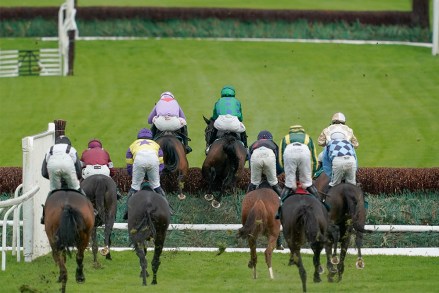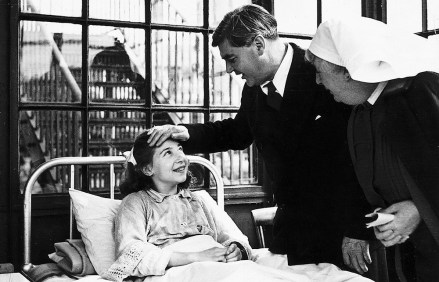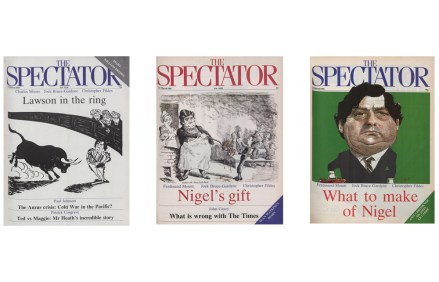The costly legacy of Margaret Thatcher’s monetarism
Post-war British economic history is littered with failed policy panaceas. Keynesian demand management would solve the unemployment problem; the Exchange Rate Mechanism would provide an anchor for stability and end sterling’s perennial weakness; the Barber and Kwarteng budgets – separated by 50 years – would throw off the shackles of Treasury orthodoxy and put the country on a path to higher growth. On the face of it, monetarism – the theory that if you control the money supply, you control inflation – fits squarely into this paradigm. As soon as government sought to control the money supply, the historic relationship between money and inflation broke down. But partly because inflation





